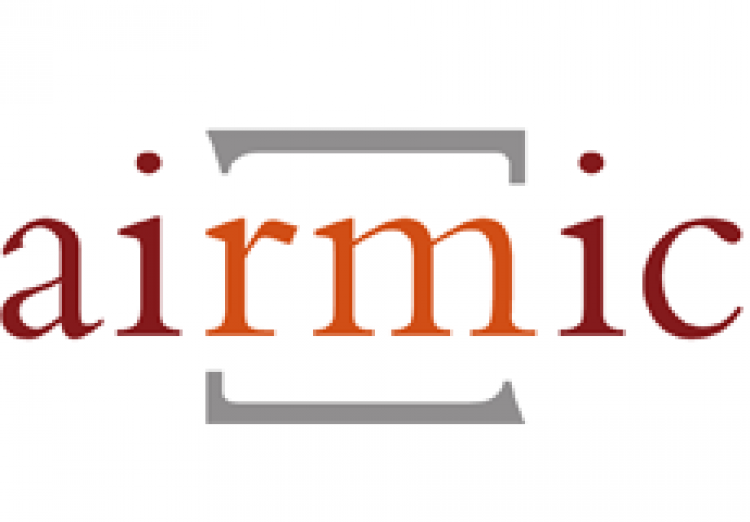Profile: Lynda Lucas

Lynda Lucas, Airmic board member, talks to Airmic News about her perspective as company secretary at Fujitsu. She argues that risk managers must speak the language of senior executives, why she likes to provoke board execs, and how Airmic amplifies the voice of its members.
Being company secretary is a fascinating role, says Lynda Lucas. “You get visibility on what goes on that few others can see.” Lucas, an Airmic board member since 2005, began her career as a company secretarial trainee at British Aerospace and has since had various risk management and co sec roles at companies including Nortel, Old Mutual and, since 2006, Fujitsu.
One of the benefits of her position is that as co sec, she gets a lot of access to the board. While risk management is increasingly becoming a board issue, attracting the attention of senior executives can still be a challenge for some risk professionals. What would be her advice?
“You have to find the message that people at the top will listen to. I have an MBA so I can speak in terms that directors understand, and it's not always the cost of something that will get their attention. Sometimes the issue that will resonate will be something broader such as reputation.”
It is important to have the whole business communicating openly about risk, she believes; that’s the only way to get a full view of the risks facing a business. “In one company I worked for, we identified a problem that would cost only $5000 to fix, but had the potential to bring down a third of the business,” she says by way of example. The relevant department knew about the risk but lacked the wider corporate picture to see the full implications, while the senior management had the perspective to see its potential magnitude but could easily have not been alerted to the risk in the first place due to escalation thresholds.
“Often the risks that can cause the most damage can be these seemingly trivial ones; it is therefore crucial that risk information flows freely within the company. Luckily on this occasion we were able to deal with the risk before it amounted to anything.”
Lucas became involved with the Airmic board almost 10 years ago. “I was immediately aware that it was a very inspiring group of people and it was very helpful to step outside my own organisation to gain a wider perspective.”
She believes that while there has been an important consistency to Airmic’s strategy, it has gone from strength-to-strength, “There is a buzz around it which is very noticeable. Airmic is very much a voice for the industry which is important, especially on issues such as law reform where it’s less effective to act as individuals.”
Is there anything she’d like to see Airmic improve upon? “It is hard to achieve, but I would like it to become less London-centric,” she replies, echoing the words of Airmic chair Helen-Clare Pope. “Regional events have generally not been well attended but initiatives like Airmic Live have been good at bringing in people who are more remote – I think using technology will be key to engaging a wider range of members.”
And there’s one other thing. “Diversity is an issue that’s important to me,” she says. “Airmic is actually very strong on this, but in the industry as a whole there is not enough variety.” It’s not just about women, it's about skin colour, sexuality, location. “I used to say to all white male boards, somewhat provocatively, that statistically speaking one of them must be gay. It didn't always go down well but it was a way to raise the issues.”
As a final note, Lucas has a message for Airmic members. “Airmic is a membership organisation and it is dependent on people participating - leaning in. FastTrack and all the committees are great ways of getting involved so I would urge people to get engaged and to participate.”

Lynda Lucas
